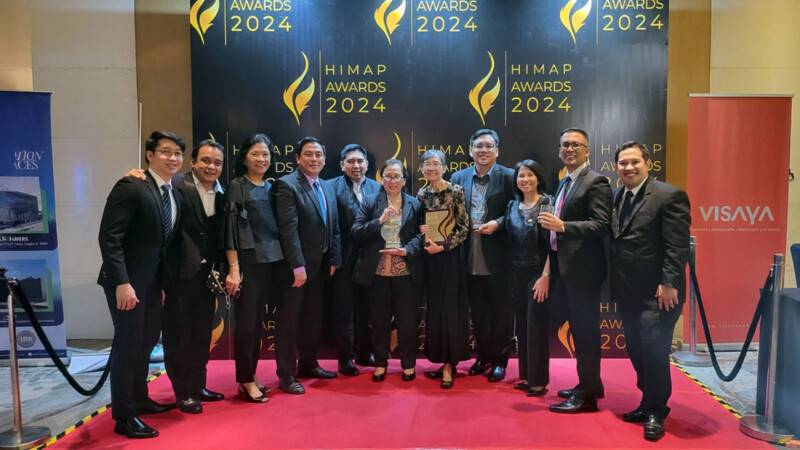The demand for application modernization is on the rise, with businesses seeking to revamp their legacy systems to meet the evolving needs of the digital era. In this context, the pivotal role of iterative methodologies in driving efficiency cannot be overstated. Iterative methodologies offer a dynamic and adaptive approach to application development, aligning with the agile nature of modern businesses. By embracing an iterative approach, organizations can unlock the full potential of their application modernization projects, fostering agility, innovation, and efficiency.
Understanding the Iterative Approach
In the context of application modernization, the iterative approach emphasizes incremental progress, allowing for continuous refinement and adaptation throughout the project lifecycle. This iterative nature brings a high degree of flexibility and responsiveness — enabling teams to swiftly address evolving requirements and incorporate user feedback.
By embracing an iterative approach, organizations can improve their projects’ ability to adapt and respond quickly. Moreover, this approach enhances their responsiveness to the ever-changing market dynamics and makes them adept at meeting a wide variety of customer needs and requirements.
Numerous successful application modernization initiatives have been powered by iterative methodologies, showcasing their transformative potential. From large-scale enterprises to mid-sized companies, organizations across various industries have realized the benefits of embracing an iterative approach. By leveraging iterative methodologies, these organizations have achieved significant improvements in project efficiency, cost-effectiveness, and user satisfaction, ultimately driving business growth and competitiveness.
Exploring the Software Development Life Cycle
The iterative nature of software development life cycles provides a natural synergy with the goals of application modernization. By breaking down the modernization process into iterative cycles, organizations can systematically tackle complex legacy systems and gradually transform them into modern, scalable solutions. This iterative alignment enables organizations to manage the inherent complexities of modernization projects more effectively, leading to smoother transitions and reduced disruption to business operations.
Best Practices for Streamlining Projects
To leverage iterative methodologies effectively in application modernization projects, organizations should adopt best practices to streamline their activities. This includes establishing clear communication channels, fostering collaboration between development and business teams, and embracing a culture of continuous improvement and learning.
By adhering to these best practices, organizations can harness the full potential of iterative methodologies, ensuring the smooth execution and successful outcomes of their application development and modernization projects.

By embracing an iterative approach, organizations can unlock enhanced efficiency and innovation in modernizing their legacy applications. With a focus on agility, adaptability, and continuous improvement, iterative methodologies pave the way for organizations to revamp their systems with greater speed, flexibility, and cost-effectiveness, ultimately driving their competitive edge in the digital landscape.
For over two decades, Pointwest has been partnering with some of the largest businesses to bridge the gap between today’s challenges and future possibilities, implementing tailored solutions that accelerate digital transformation with precision and speed. Explore how Pointwest can empower your business. Connect with us today at [email protected] to unlock your growth opportunities.




